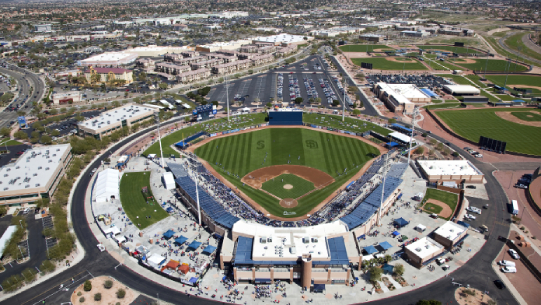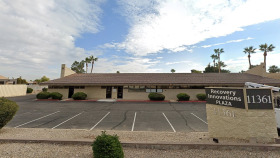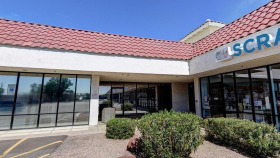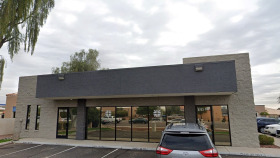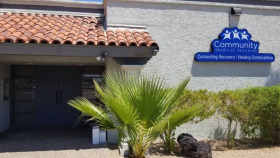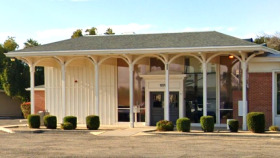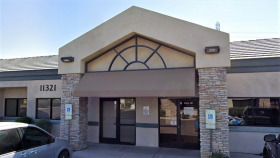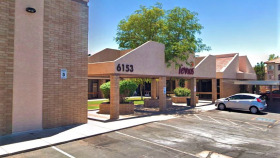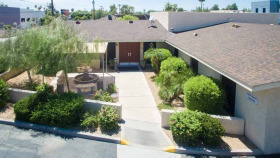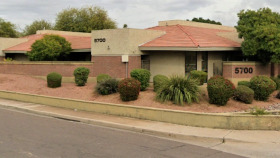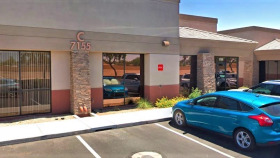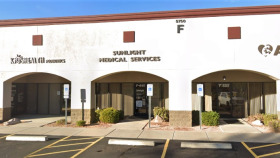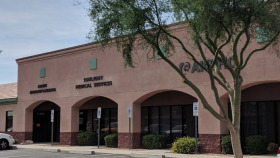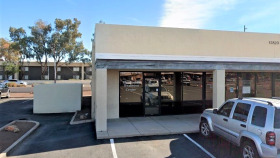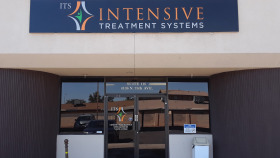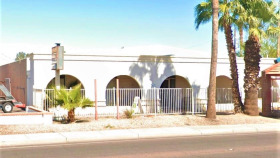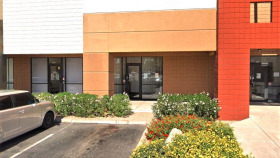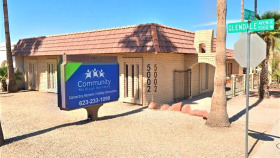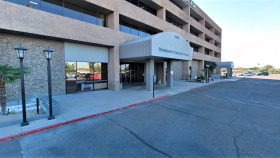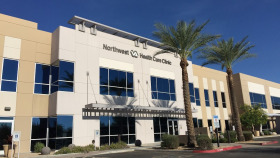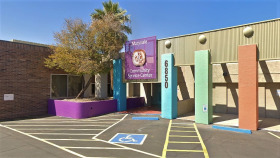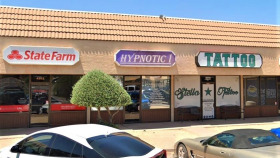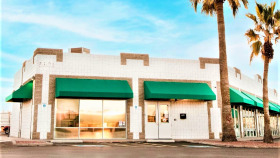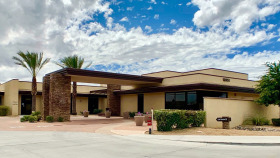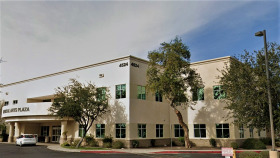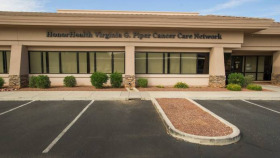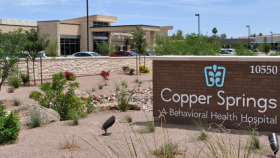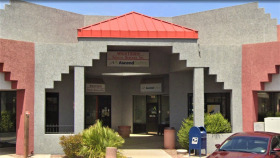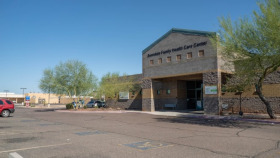Expert Insights
I recently heard on the radio that there is a new housing development underway in Peoria for young adults experiencing homelessness. It will house 16 units for youth aged 18 to 24 years old and serve children aged out of the welfare system and LGBTQ+ youth. Given those are at-risk populations for addiction, mental health disorders, and houselessness, this is a great opportunity to provide stable housing so youth learn to meet their own needs and get connected with mental health resources, like outpatient addiction treatment. Having observed drug use in teens and the impact it can have on their well-being long-term, I think this is such a great way to ensure these youth live productive and healthy lives instead of wandering the streets or ending up in jail and forgotten about. This could make a huge difference in their lives.
~ Olivia Pennelle
Cost of Drug Rehab in Peoria
The cost of addiction treatment varies depending on a number of considerations. Your cost will differ based on the program you choose and the amenities it offers. The length of the program can affect the cost; longer-term programs cost more than shorter-term ones.
Facilities that include options for specialized treatments or luxury amenities have a higher price tag than programs with fewer luxury amenities. Travel expenses also affect overall costs.
In general, inpatient programs will be more expensive than outpatient programs. When you attend inpatient treatment, your costs include fees for housing and food, as well as counseling, medical care, and any additional activities during treatment. Outpatient programs don’t require you to live on location, so the price tag is lower.
Arizona Drug and Alcohol Statistics
In 2020, nearly 15% of adults in Arizona reported illicit drug use. In that same time period, close to 54% reported alcohol use.1 Illicit drug use varied among adults in Arizona.1

Almost 19%of adults reported using marijuana in the past year

12% of adults reported marijuana use in the past month.

Nearly 2% of adults said they used cocaine in the past 12 months.
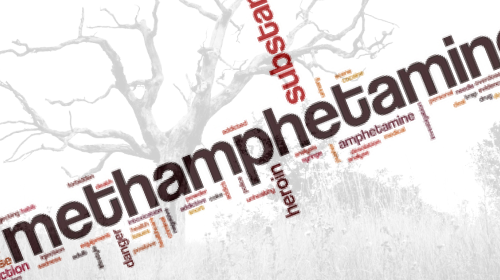
Approximately 2% of adults in Arizona reported using methamphetamine in the past year.
About 24% of adults in Arizona said they engaged in binge drinking in the past month.
About 26% of the people seeking alcohol treatment were American Indian or Alaskan natives; 67% were white; 7% were Black or African American.2
Drug and Alcohol Laws in Peoria, AZ
Arizona has a standing order that allows any licensed pharmacist to dispense naloxone without a prescription. This allows Arizonans to obtain naloxone from any pharmacy in the state without a prescription from a doctor.6
Arizona has a Good Samaritan law that protects people from criminal liability if they seek assistance during a drug and alcohol overdose. The Good Samaritan law prohibits law enforcement from charging or prosecuting people with a drug-related charge when they seek medical assistance for themselves or others experiencing an overdose.6
Under Arizona law, some individuals who plead guilty to a drug offense have the option of court-ordered treatment instead of jail time. The state has drug courts that oversee alternate sentencing. The courts offer a process where eligible individuals can enter a treatment program with counseling and education after pleading guilty.7
Arizona law permits you to pay for drug and alcohol rehab in Peoria out of pocket and not risk penalties for not having health insurance. Article 27, section 2 of Arizona insurance law states that a person does not need to participate in any healthcare system. Individuals are allowed to pay for healthcare services directly.8
Resources
- Peoria, Arizona Population 2021 (Demographics, Maps, Graphs). (n.d.). Worldpopulationreview.com.
- FindTreatment.gov. (n.d.). FindTreatment.gov.
- Substance Abuse and Mental Health Services Administration. (2021). 2019-2020 NSDUH state-specific tables.
- Substance Abuse and Mental Health Services Administration. (2021). Treatment episode data set (TEDS) 2019 (Revised). Admissions to and discharges from publicly funded substance use treatment.
- Substance Abuse and Mental Health Services Administration. (2019). Paying for treatment.
- Arizona Health Care Cost Containment System. (2018). Substance Abuse Block Grant (SABG) and Mental Health Block Grant (MHBG).
- Arizona Department of Health Services. (2015). Annual report on substance abuse programs.
- Arizona Health Care Cost Containment System. (2022). Opioid use and disorder treatment.
- Arizona Supreme Court. (2022). Specialty courts.
- Arizona Department of Insurance and Financial institutions. (n.d.). Insurance laws and rules.
- Visit Peoria. (2022). NEIGHBORHOOD INFORMATION

